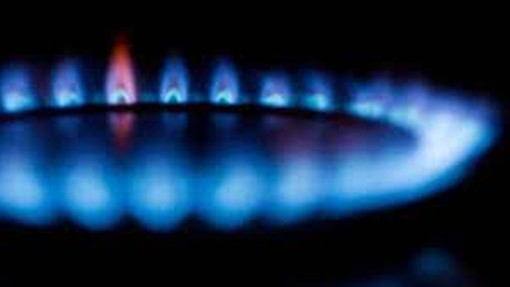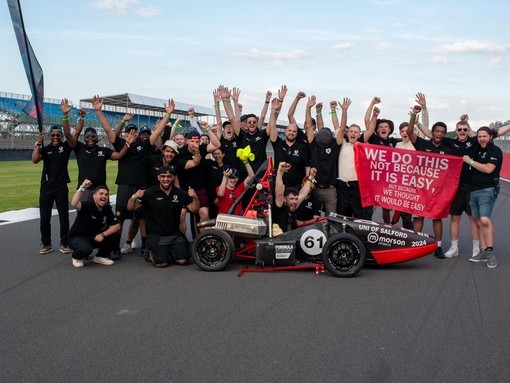
How to become a... Plumbing, Heating and Ventilation Engineer
There are great plumbing, heating and ventilation engineer jobs in the UK construction industry. Read on to find out more about the skills you’ll need and discover whether it’s the right fit for you.
Rates
£18-40k dependent on experience
Qualifications
City & Guilds 6189, 6188, NVQ

What do plumbing, heating and ventilation engineer jobs involve?
Plumbing, heating and ventilation is an integral part of modern building, both in the residential and commercial sector. As well as commonplace hot and cold water-supplies and heating and air-conditioning systems, there are many industrial applications that require the installation of specialised plumbing and ducting networks.
Here are some of the most common job descriptions and a brief outline of the kind of work they entail:
Domestic heating installer – Fitting central heating systems in dwellings
Service engineer – Planning and carrying out routine maintenance and repairs
Heating installer – Fitting heating equipment and pipework
Ducting installer – Fitting ductwork and ventilation systems
Commissioning engineer – Ensuring systems meet design specification
Control engineer – Designing and installing the control panels to operate and adjust heating systems
What is a plumber and heating and ventilation engineer’s salary?
Average salaries vary according to location, and from employer to employer. Starting pay is in the region of £18,000 per year, rising to £40,000 for skilled practitioners with the necessary accreditation.
Self-employed plumbing and heating engineers can set their own rates.
These figures are intended as a guideline only.
What skills do I need?
You’ll need to take a college course in a subject like heating and ventilation, plumbing, building services or mechanical engineering. And you may find it very useful to have a driving licence.
Plumbing and heating engineers work in an increasingly technical discipline. You’ll need to be able to interpret technical drawings and apply problem-solving skills. A good grasp of mathematics is essential to make accurate measurements, calculate quantities of materials and to gauge the capacities of systems.
You’ll need to be confident operating cutting equipment and blowtorches for brazing and soldering pipework.
By law, you need special qualifications and accreditations to work on gas and electrical supplies.
What qualifications do I need?
For domestic plumbing and heating engineers, the City and Guilds Plumbing and Domestic Heating Course (6189) covers all the essential skills for installing and maintaining hot and cold water systems, central heating, sanitation systems and environmental technologies. The certificate includes the elements of gas safety required by law.
In addition, there are NVQ Level 2 Diplomas covering Domestic Plumbing, Heating and Maintenance.
The Level 3 NVQ Diploma (City and Guilds 6188) allows you to train as a Heating and Ventilation Engineer (HVAC Engineer).
You’ll need a Construction Skills Certification Scheme (CSCS) card to work on a building site.
What are the hours and conditions?
You’ll typically work a 40-hour week, Monday to Friday. However, there are often opportunities for overtime or ‘emergency’ work out of hours, carrying premium rates of pay. Dawn-starts are the norm for site-workers.
You may work in all types of buildings and construction sites, often operating in cramped spaces and sometimes working at height.
Career progression
Because of the broad base of technical knowledge and strong emphasis on problem-solving and task management, plumbers and heating engineers often graduate into areas of site and project management.
In addition, there are attractive opportunities in technical sales.
Areas of specialism
There is considerable scope for specialism in areas like renewable energy heating systems. Technical knowledge is required to install and maintain solar panels or ground source heat pumps and ensure that systems are as efficient as possible.
There are numerous opportunities for specialists in particular applications such as industrial refrigeration, refining and brewing.
To search for opportunities across the sector click here.
















